You may have seen many different katanas, but you might have overlooked that katana blades also come in many types. The most common blade shape today is shinogi-zukuri—this is what you’ll usually see on the market, unless it’s a custom piece. Throughout Japanese history, the katana evolved into many blade forms, like hira-zukuri, shobu-zukuri, and chokuto. Below, we’ll go through each type along with cross-section diagrams.
Shinogi-zukuri
This is the most common katana blade shape. It has a ridge line called the shinogi running along the blade. Near the tip, there’s a clear line that separates the tip from the main body. In cross-section, the shinogi is the thickest part of the blade.

Hira-zukuri
This blade is flat on both sides. It has no ridge line and no clear line between the tip and the blade. The tip and body form one smooth shape. This type is very sharp but not good at handling impact.

Katakiriha-zukuri
One side of the blade is flat like a hira-zukuri, and the other side looks like a single-edged straight blade. The cross-section shows it’s not symmetrical. This is a rare blade shape.

Shobu-zukuri
This type has no clear tip line, but it does have a ridge line like the shinogi-zukuri. The ridge goes all the way to the tip. It looks like a mix of shinogi-zukuri and hira-zukuri. The name comes from the shobu plant, as the blade shape looks like its leaf.

Chokuto
This is the oldest type of Japanese sword blade. It came from China. As the name suggests, it’s straight. The ridge is very close to the edge. It doesn’t curve like modern katanas. The tip is small and geometric. The whole blade is straight without any curve.

Nagamaki-zukuri
This is a special type of shinogi-zukuri. It has two grooves. Above the ridge, toward the back of the blade, there is a large groove. Below the ridge, near the edge, there’s a small groove called soe-bi.

Read more

you got a katana. great. but now what? holding it right is where everything starts. and no, it’s not just grabbing the handle and swinging like in anime. let’s keep it simple, clear, and actually u...

What Is “Sori”? “Sori” means the curve of a katana. If you draw a straight line from the tip of the blade to the bottom of the back edge, the distance from that line to the deepest part of the curv...
Shop katana
Our katana store offers a wide selection of japanese swords — from traditional katanas and anime-inspired designs to fully functional blades — featuring a variety of materials and craftsmanship to suit your preferences.

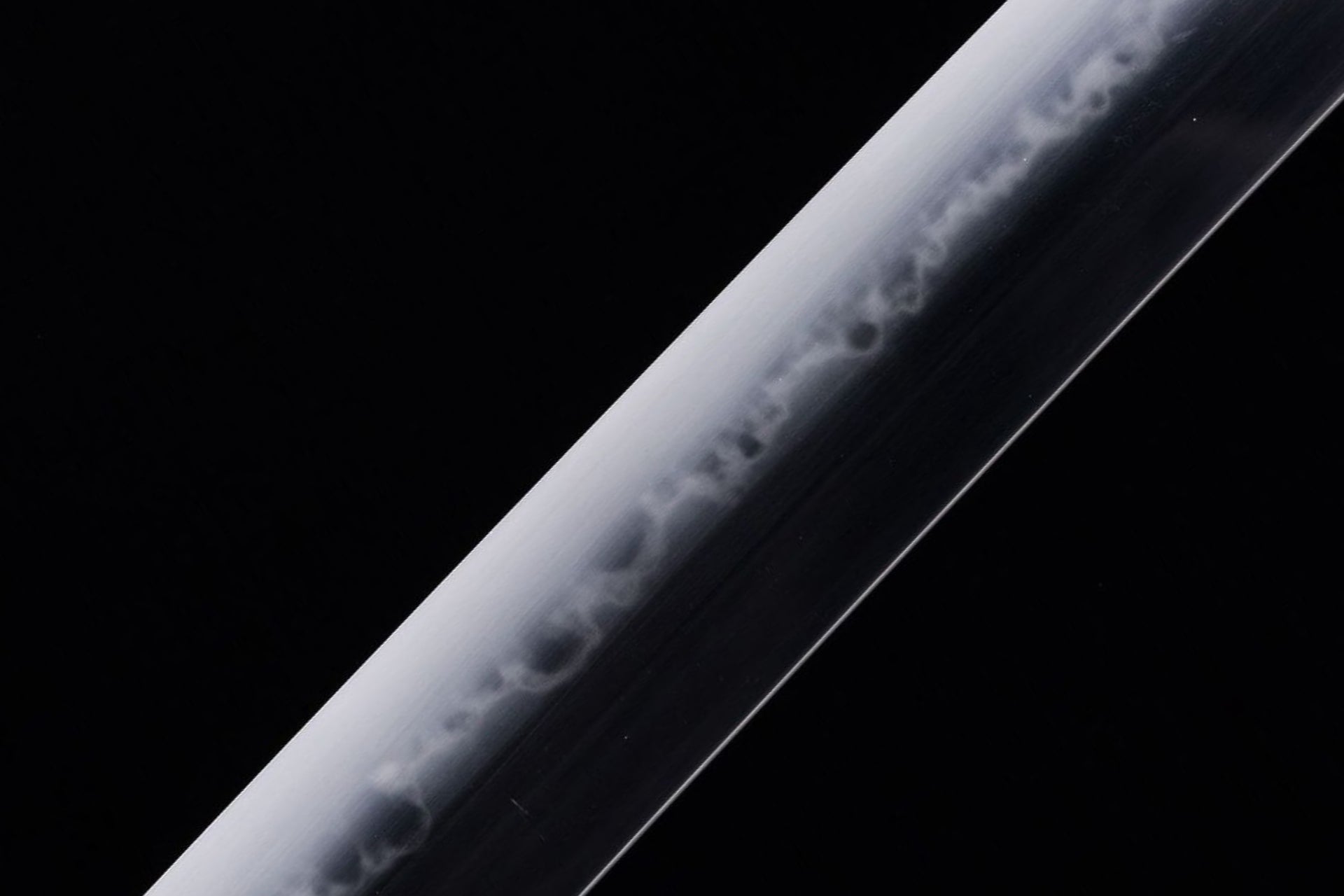
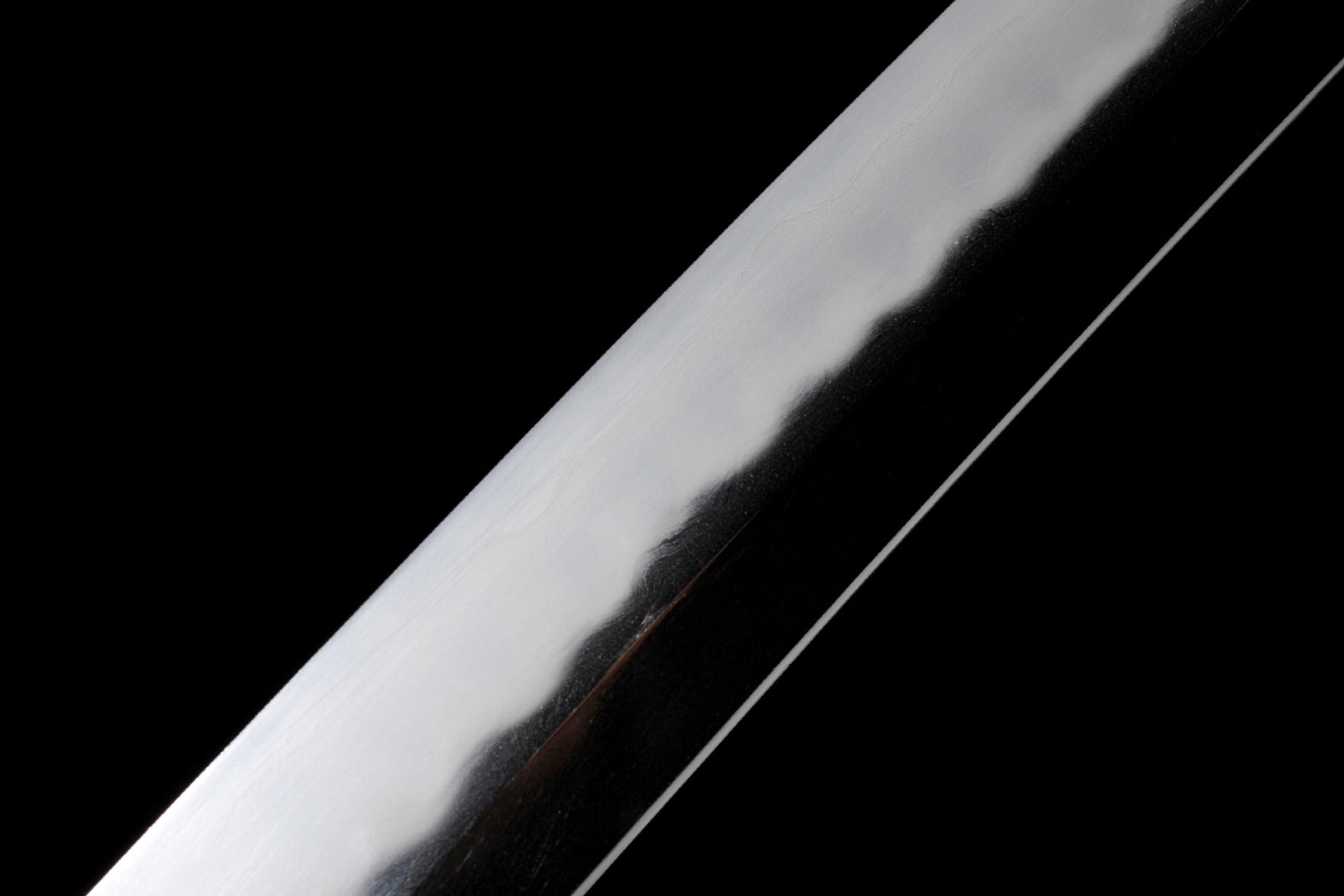
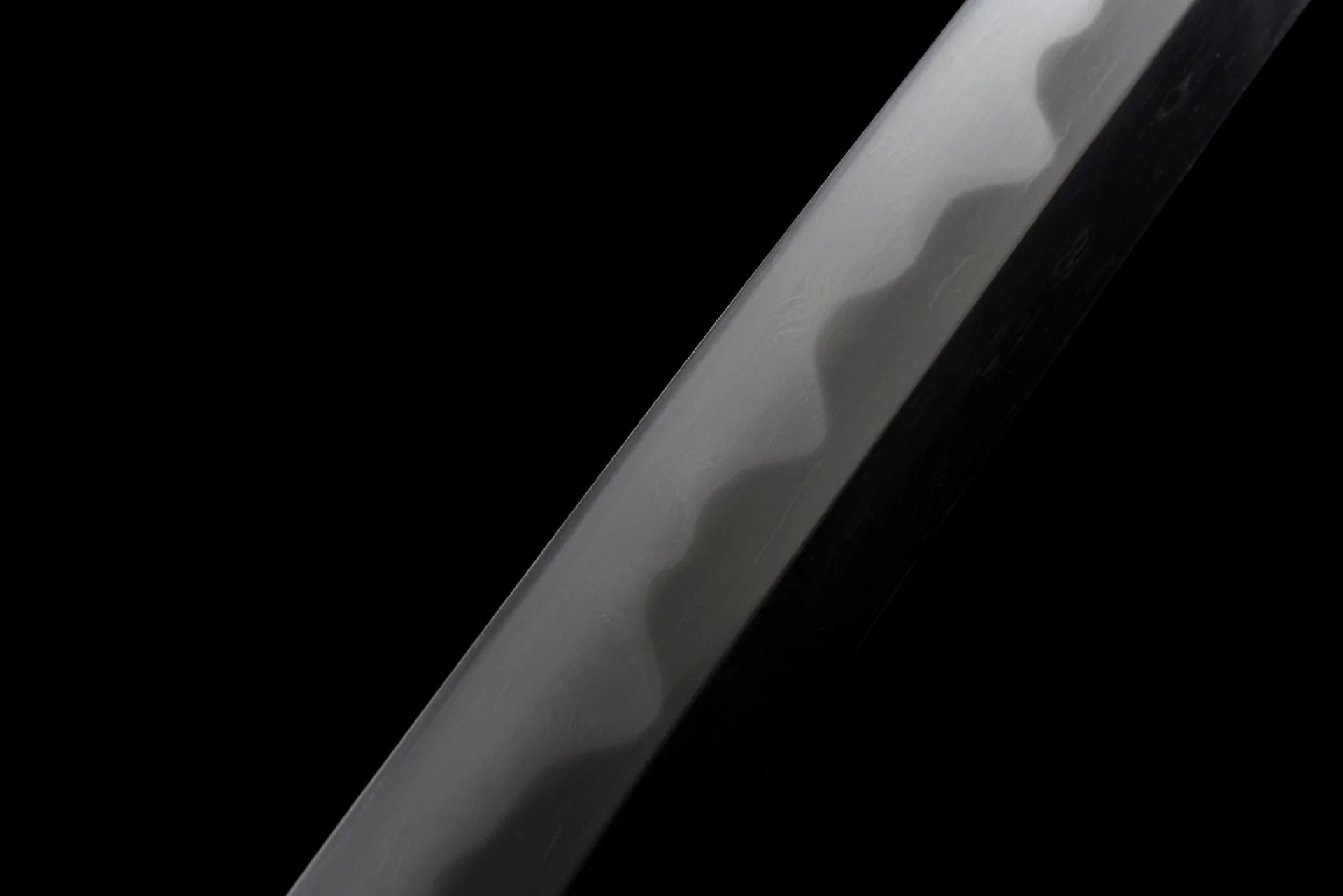

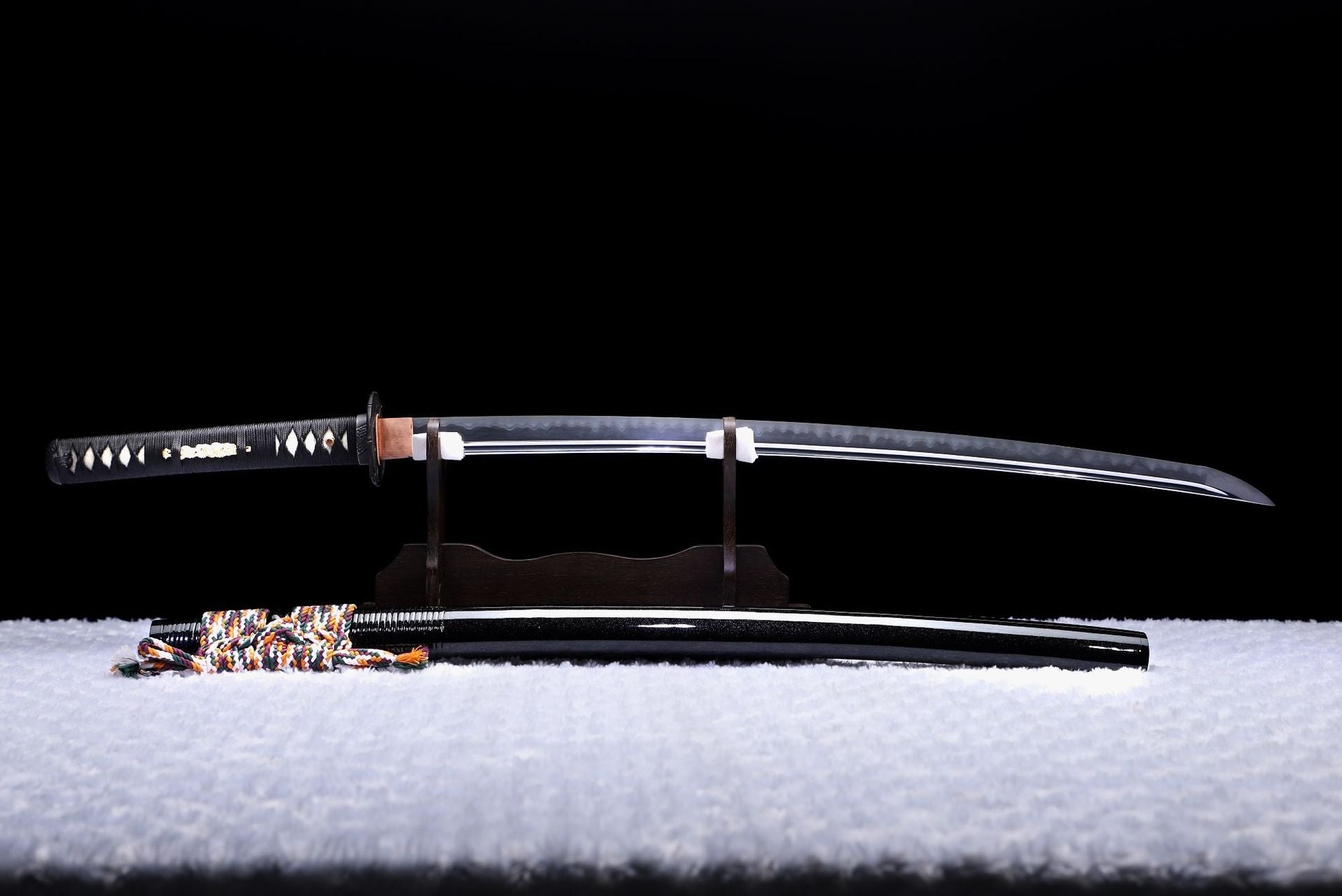
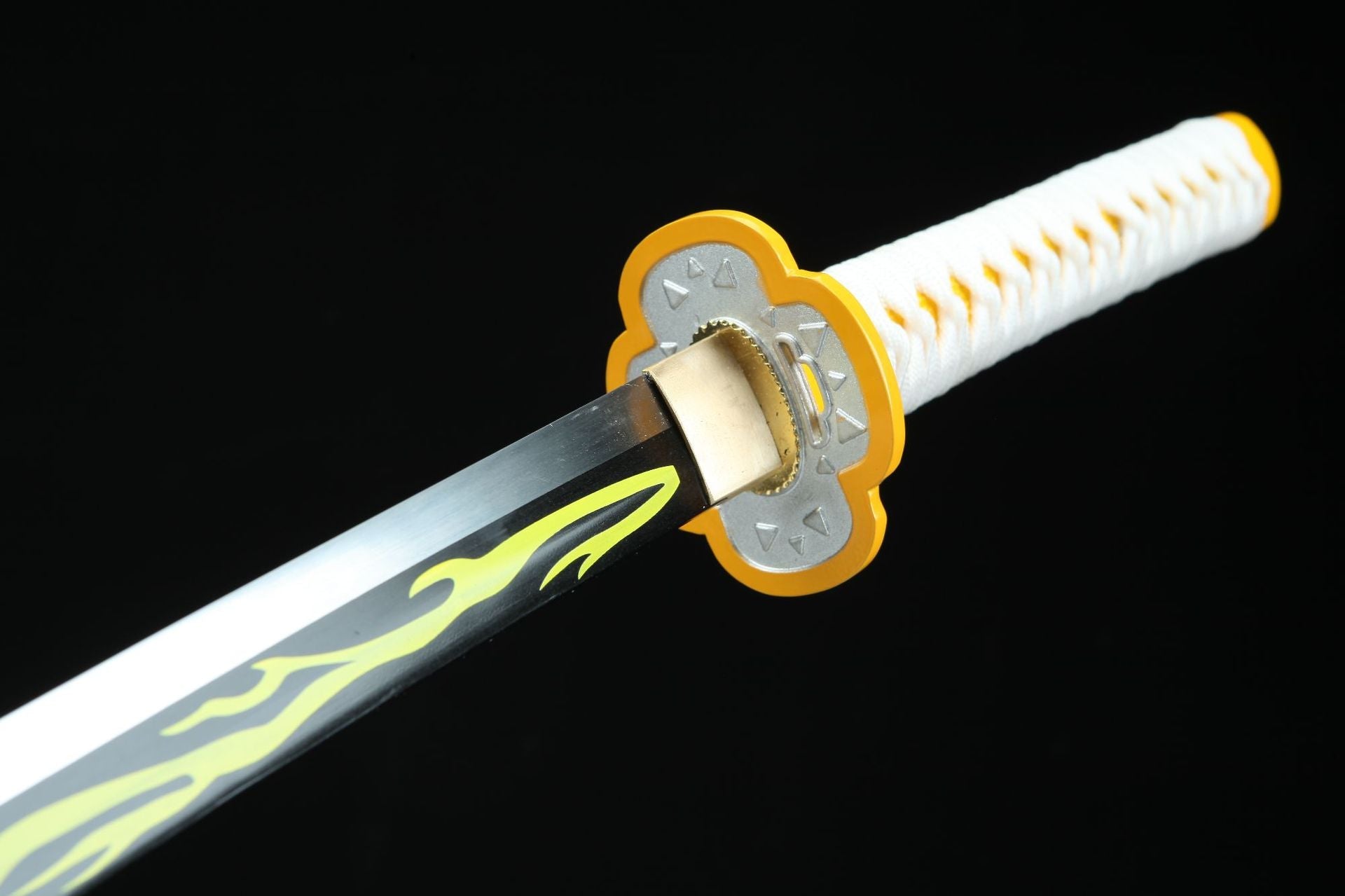
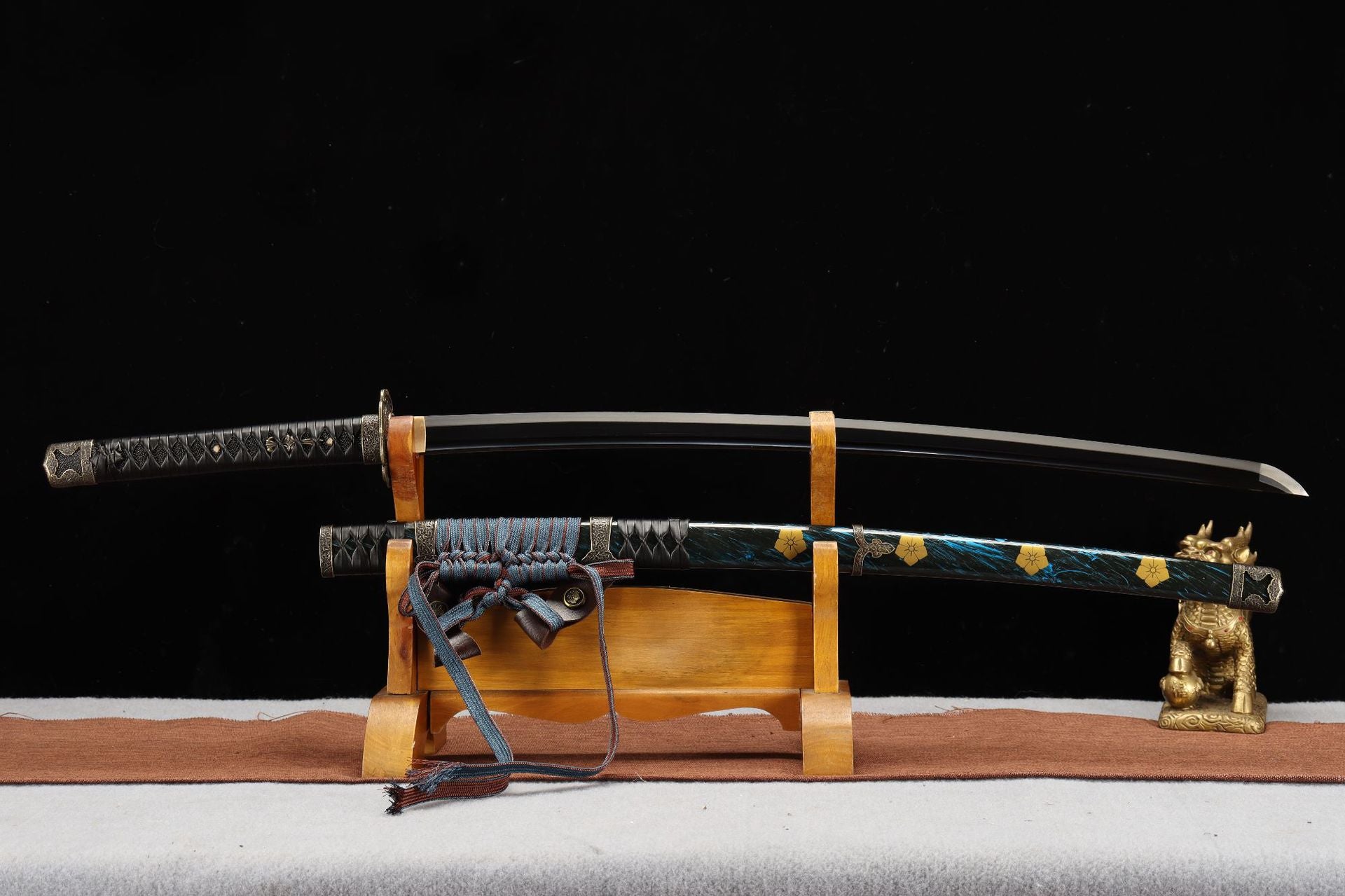
Leave a comment
All comments are moderated before being published.
This site is protected by hCaptcha and the hCaptcha Privacy Policy and Terms of Service apply.